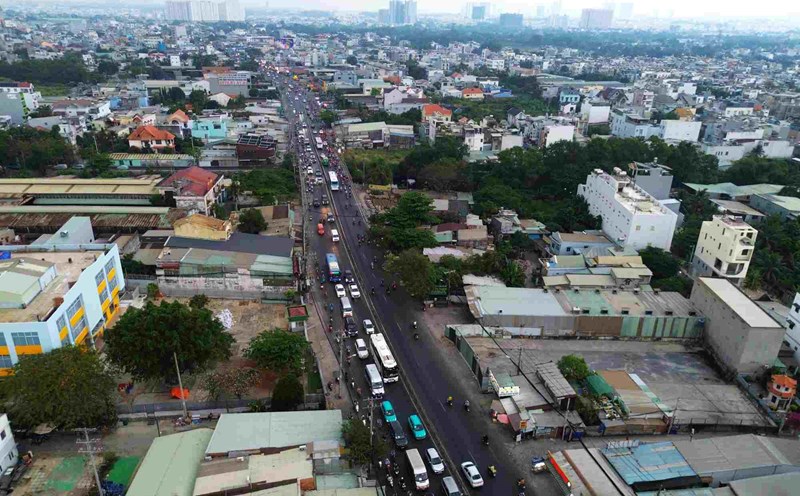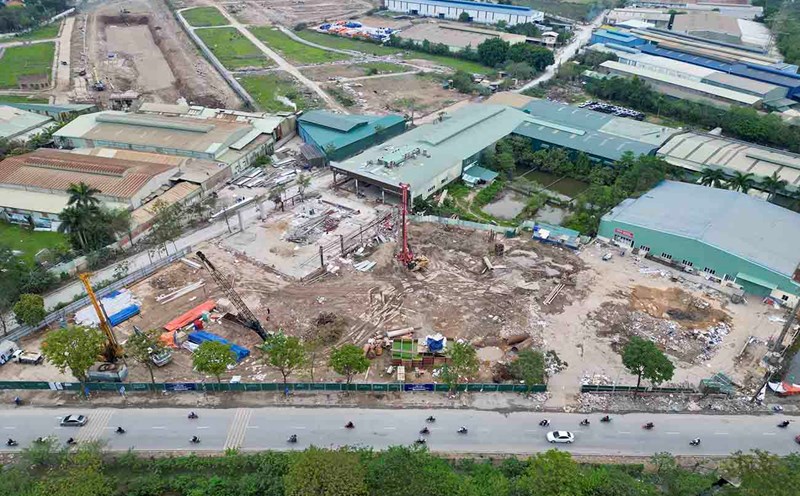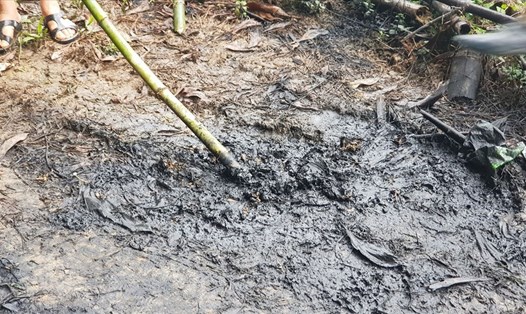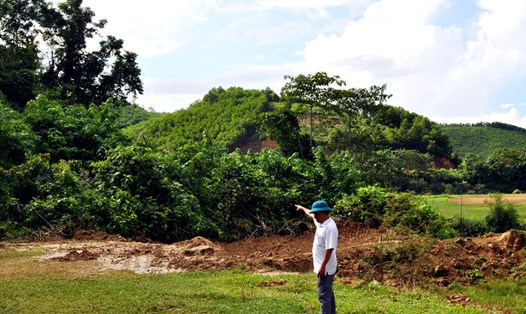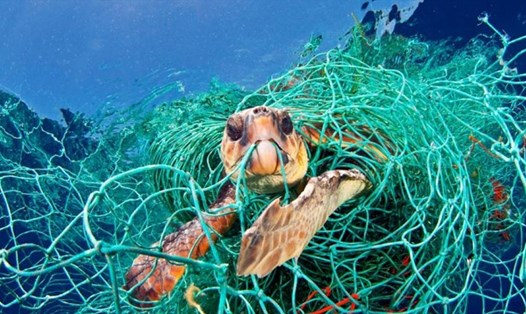Other recyclables such as cardboard and plastic bottles are also accepted by the Wijaya Kusuma waste bank in North Jakarta.
The bank was established in January last year with the simple task of encouraging local people to recycle and reduce waste. After people deposit recyclable waste here, the bank will clean it up and sell it to the North Jakarta government.
In April this year, PT Pegadaian pick-up brand proposed to cooperate with this waste bank and four other waste banks in Jakarta - by rewarding waste senders with gold - according to Channel News Asia.
Roswanthy Suweden, 67, was one of the serious participants on the show. She collected enough recyclables to get more than 10 grams of gold.
"I'm very happy. I collected them little by little, and over time I had a lot. This gold is for my children and grandchildren, Suwede told Channel News Asia at the waste bank.
The head of the North Jakarta Environment Agency, Mr. Slamet Riyadi, welcomed the idea of exchanging waste for gold as a driving force for recycling. Women, those who take care of their families, will find this program attractive, Riyadi said.
Before cooperating with the grocery store, there were only about 34 or 36 customers (residents participating in the program). But since the cooperation, the number has increased to 105 - Mr. Riyadi said.
In addition to Jakarta, the garbage exchange program for gold is also being implemented in other Indonesian cities such as Palembang, Bandar Lampung and Makassar.
This initiative is being welcomed by environmentalists as a small step towards raising green awareness in Indonesia, the world's second largest country for plastic waste pollution in the oceans, after China.
Wijaya Kusuma waste bank, managed by a few housewives in Bermis Gading neighborhood, is open every Tuesday from 9am to noon.
Recyclable waste that people bring will be weighed and recorded in the savings book as well as the waste banking system.
Depending on the quantity and type of waste, customers will receive cash from bank employees.
For example, 1kg of cardboard costs 1,200 rupiah (2,000 VND), while 1kg of clean plastic bottle costs 3,000 rupiah (5,000 VND). aluminum cans are considered the most valuable, with eachkg costing 10,000 rupiah (16,000 VND).
If people want to participate in the program to exchange trash for gold, they have to give cash to the grocery store staff present at the bank.
When people have saved enough 5 grams of gold based on market value, they can go to the grocery store to bring gold home. A gram of gold is currently priced at around 700,000 rupiah (1,30,000 VND).
The waste bank also sends a vehicle to collect recyclable waste every two weeks to serve those who do not have time to bring the waste to the bank.





